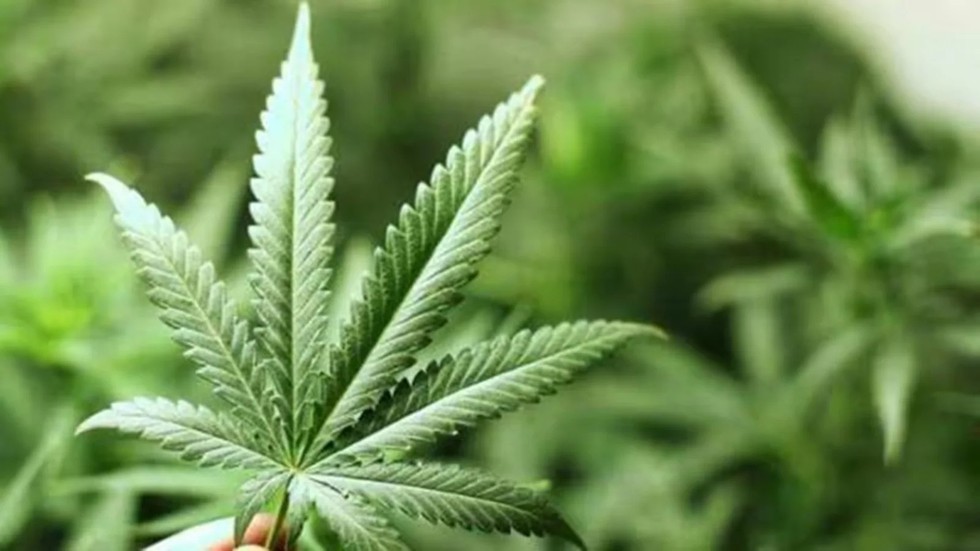About Controlled Cannabis Cultivation:
- It is the regulated cultivation of specific cannabis varieties having minimal intoxicating properties, along with strict monitoring to prevent misuse. Such varieties are commonly known as
- The tetrahydrocannabinol (THC) cannabinoid content (a kind of chemical that has an intoxicating effect) in controlled cannabis should be less than or equal to 3 per cent.
- Under this, authorities focus on its non-narcotic applications, particularly in the pharmaceutical and industrial sectors.
- Uses of Hemp: Hemp’s stalks, leaves, and seeds can also be converted into textile, paper, food, cosmetics, biofuel and more. Additionally, cannabidiol (CBD) compounds in the plant are effective in treating chronic pain.
Laws related to cannabis cultivation in India
- Cannabis cultivation is largely prohibited in India due to its psychoactive properties.
- Section 2 of the Narcotic Drugs and Psychotropic Substances (NDPS) Act, 1985, prohibits the production and sale of cannabis resin and flowers.
- It defines charas as the separated resin, in any form (crude or purified), obtained from the cannabis plant. It also includes concentrated preparations such as hashish oil or liquid hashish.
- However, it provides exceptions for cannabis cultivation and use for industrial and medicinal purposes under government regulation.
- Section 10 of the Act allows state governments to regulate, permit, or prohibit cannabis cultivation for medicinal and scientific purposes.
- Additionally, Section 14 grants the Central government the power to authorise and regulate cannabis cultivation for research or other approved purposes.
